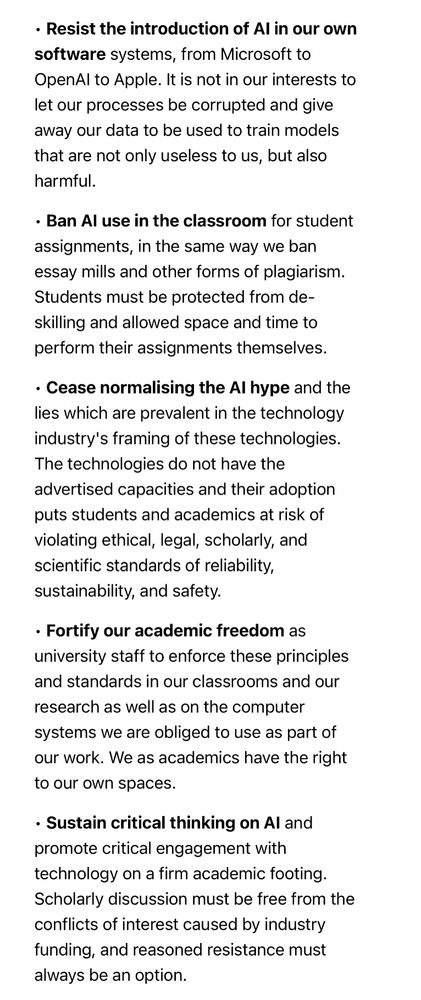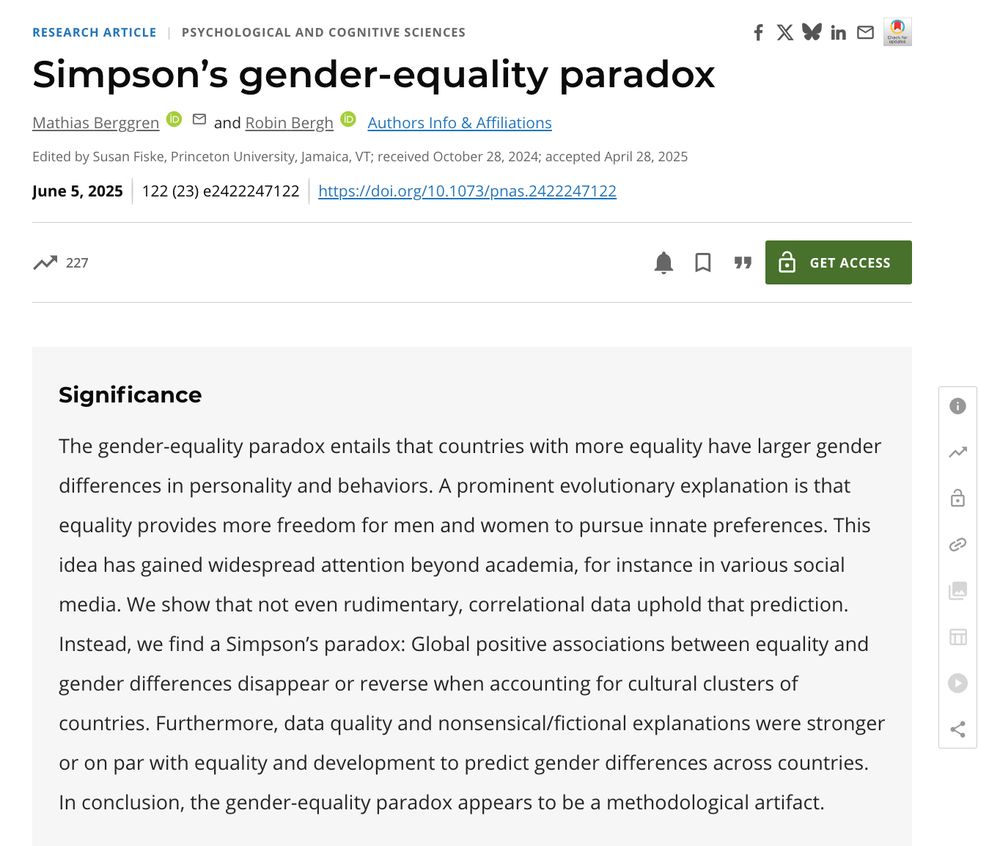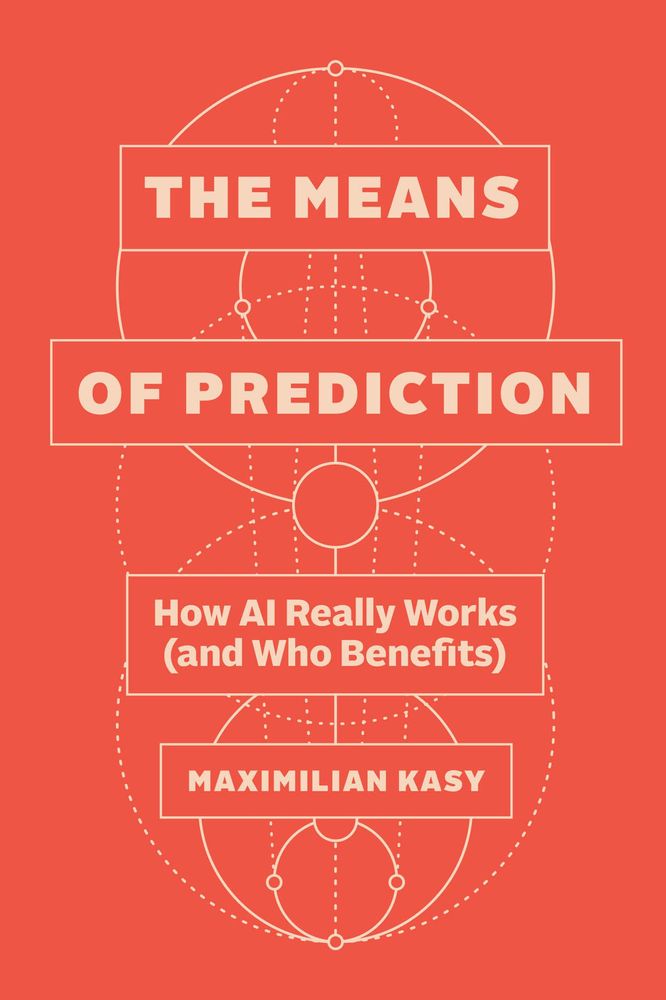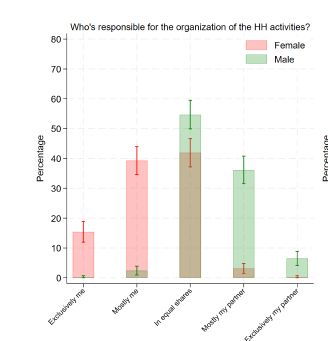Gabriele Mari
@gmari.bsky.social
2K followers
2.8K following
41 posts
Sociologist @Erasmus University Rotterdam
Social security, families, inequalities
https://sites.google.com/view/marigabriele/home
Posts
Media
Videos
Starter Packs
Reposted by Gabriele Mari
Reposted by Gabriele Mari
Reposted by Gabriele Mari
Reposted by Gabriele Mari
Reposted by Gabriele Mari
Reposted by Gabriele Mari
Liz Ananat
@lizananat.bsky.social
· May 27
Reposted by Gabriele Mari
Reposted by Gabriele Mari
Jan Brülle
@janbruelle.bsky.social
· May 16
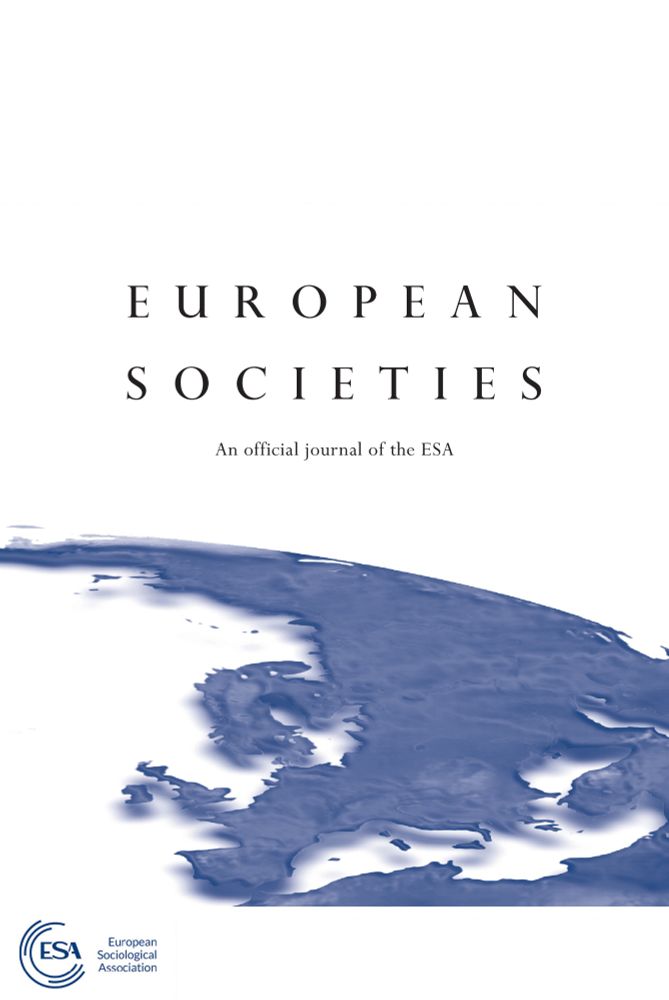
No one-size-fits-all solution. Effects of social policies on in-work poverty
Abstract. The paper studies effects of social policies on in-work poverty risks, distinguishing between measures that either intervene in labour market processes - i.e. predistribution policies - or r...
doi.org
Reposted by Gabriele Mari
Adam Corlett
@adamcorlett.bsky.social
· May 7
Reposted by Gabriele Mari
Gabriele Mari
@gmari.bsky.social
· Apr 25
Reposted by Gabriele Mari
Jess Calarco
@jessicacalarco.com
· Apr 24

Opinion | Head Start is government that works. No wonder the Trump administration wants to get rid of it.
The gutting of Head Start would force vulnerable people to labor in more difficult or demeaning conditions for the benefit of the privileged.
www.msnbc.com
Gabriele Mari
@gmari.bsky.social
· Apr 15
Reposted by Gabriele Mari
Gabriele Mari
@gmari.bsky.social
· Mar 31
Gabriele Mari
@gmari.bsky.social
· Mar 31








